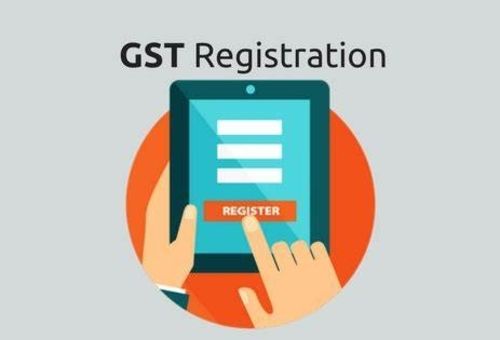Singapore GST Registration: What You Need to Know Before Using
Singapore GST Registration: What You Need to Know Before Using
Blog Article
The Ultimate Guide to Streamlining the GST Registration Refine and Needs for Local Business Owners

Comprehending GST Essentials
To understand the fundamentals of the Item and Provider Tax (GST) system, local business proprietors should first comprehend its underlying implications and concepts. GST is a value-added tax obligation imposed on the majority of goods and services for domestic usage. It aims to simplify the taxes procedure by changing multiple indirect tax obligations enforced by the state and main governments. Under the GST program, companies are required to gather and register tax obligation in support of the government, guaranteeing transparency and conformity.
Among the key concepts of GST is input tax debt, which enables businesses to declare credit scores for tax obligations paid on their purchases. This device prevents the plunging effect of taxes and advertises efficiency in the tax obligation system. Additionally, GST is a destination-based tax, suggesting that the tax is imposed at the factor of consumption instead than the factor of origin. This guarantees reasonable distribution of tax revenue among states based upon where the solutions or products are eaten. Understanding these fundamental concepts is important for local business proprietors to browse the complexities of the GST system and make sure conformity with the law.
Qualification Standards for Enrollment
Having developed a foundational understanding of GST concepts, small organization owners have to now meet certain eligibility requirements to continue with the registration procedure (Singapore GST Registration). Companies that were signed up under the previous tax regime (VAT, solution tax, and so on) are likewise mandated to register under GST. Agricultural services that only supply generate out of main manufacturing are exempt from GST enrollment.
Papers Required for GST Enrollment
.jpg)
Simplified Enrollment Process Actions
Adhering to the collection and verification of the requisite papers, the registration process for GST can be navigated via a series of streamlined actions created to assist in click to read more efficient compliance for small company owners. The very first step includes going to the GST website and picking the 'New Registration' choice. Consequently, the applicant needs to fill up in Part A of the GST REG-01 form with information such as PAN, mobile number, and e-mail address to acquire an OTP for confirmation. As soon as the OTP is obtained and gone into, a Momentary Recommendation Number (TRN) is produced for further process. The following action requires completing Component B of the type with needed company details, uploading sustaining papers, and finishing the verification process making use of DSC or EVC. Finally, upon effective confirmation, an Application Recommendation Number (ARN) is released, indicating the conclusion of the GST enrollment procedure. By following these simplified steps, small company proprietors can efficiently sign up for GST and make click over here now certain compliance with tax guidelines.
Tips for Ensuring Conformity
To keep governing adherence and functional honesty, diligent oversight and proactive steps are critical in making sure conformity with GST needs for tiny business proprietors. Small business owners must stay updated with GST regulations, filing due dates, and any type of modifications in tax obligation prices to prevent charges and preserve an excellent standing with tax obligation authorities. Participating in GST recognition workshops or training programs can boost understanding and conformity with GST regulations, ultimately benefiting the business in the long run.
Conclusion
In final thought, tiny service proprietors have to recognize the essentials of GST, fulfill the qualification requirements, collect essential papers, and comply with the simplified registration process steps to ensure compliance. By simplifying the GST enrollment procedure and demands, little company owners can prevent penalties and operate their businesses efficiently within the lawful framework - Singapore GST Registration. It is vital for local business proprietors to remain compliant and informed with GST regulations to maintain an effective organization procedure
Small business proprietors looking for GST registration need to ensure they gather and send the required records to complete the registration procedure efficiently. The documents needed for GST registration normally include proof of service registration or incorporation, FRYING PAN (Permanent Account Number) card of the business entity, identification and address evidence of the promoters/partners/directors, photos, address evidence of the location of company, financial institution account statements or canceled cheques, and consent types. Participating in GST understanding workshops or training programs can boost understanding and conformity with GST policies, ultimately benefiting the organization in the lengthy run.
By streamlining the GST registration process and needs, small company proprietors can stay clear of charges and run their companies efficiently within the lawful framework. It is essential pop over to this site for small business proprietors to stay certified and informed with GST guidelines to preserve a successful organization procedure.
Report this page